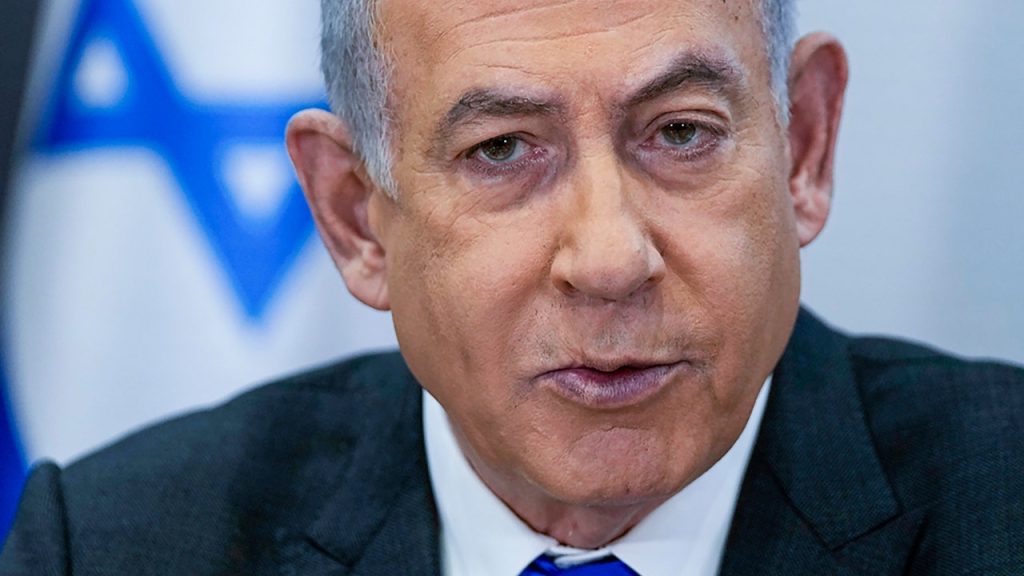Israeli Prime Minister Benjamin Netanyahu is emphasizing the importance of maintaining control over the Philadelphi Route as part of overall national security and to prevent Hamas from smuggling hostages out of Gaza. There are concerns that Hamas could be attempting to smuggle the remaining 97 Israeli hostages into the Sinai Peninsula, ultimately leading to Iran or Yemen. Netanyahu believes that holding the Philadelphi corridor prevents Hamas from rearming and Gaza from becoming an Iranian terror enclave that could threaten Israel’s existence. This security corridor is crucial for ensuring the safe return of the hostages that are still in captivity.
Reports have surfaced suggesting that Hamas leader Yahya Sinwar is working on a secret plan to smuggle himself, other Hamas leaders, and some remaining Israeli hostages out of Gaza through the Philadelphi corridor, with the eventual destination being Iran. Netanyahu has been vocal in his opposition to U.S.-backed cease-fire negotiations, especially following the recent assassination of six Israeli hostages found in tunnels mined by Hamas. Efforts to secure the release of the remaining hostages are increasingly becoming the focus of the ceasefire discussions, with Hamas refusing to make a deal despite international pressure to do so.
Netanyahu has maintained his strong stance on not relinquishing control of the Philadelphi Route, claiming that it is essential for both getting the hostages out and ensuring Israel’s security and survival. Despite disagreements over this issue, negotiations between Israel, Hamas, and mediators such as the U.S., Qatar, and Egypt have made significant progress. Secretary of State Antony Blinken has indicated that 90 percent of the agreement has been reached, with remaining critical issues such as the specifics of exchanging hostages still being discussed. An updated deal is expected to be shared with the involved parties in the coming days to try to finalize a cease-fire agreement.
The potential consequences of Hamas successfully smuggling hostages out of Gaza through the Philadelphi corridor are significant for Israel’s national security. Keeping the corridor secure is seen as crucial to preventing Hamas from reestablishing its foothold in Gaza and posing a threat to Israel. Netanyahu’s focus on maintaining control over the route is driven by a dual purpose of preventing hostage smuggling and safeguarding Israel’s strategic interests. The negotiations between the parties involved are at a critical juncture, with key issues still unresolved but with optimism that a cease-fire agreement can be reached.
The ongoing conflict and hostage situation between Israel and Hamas have escalated tensions in the region, with both sides taking firm stances on key issues. Netanyahu’s insistence on maintaining control over the Philadelphi Route has become a sticking point in the negotiations, as it is tied to the safe return of the hostages and Israel’s security concerns. The involvement of international mediators such as the U.S., Qatar, and Egypt underscores the complexity of reaching a lasting solution to the conflict. The upcoming days will be crucial in determining whether a final cease-fire agreement can be reached and implemented to bring an end to the hostilities and secure the release of the remaining hostages.













